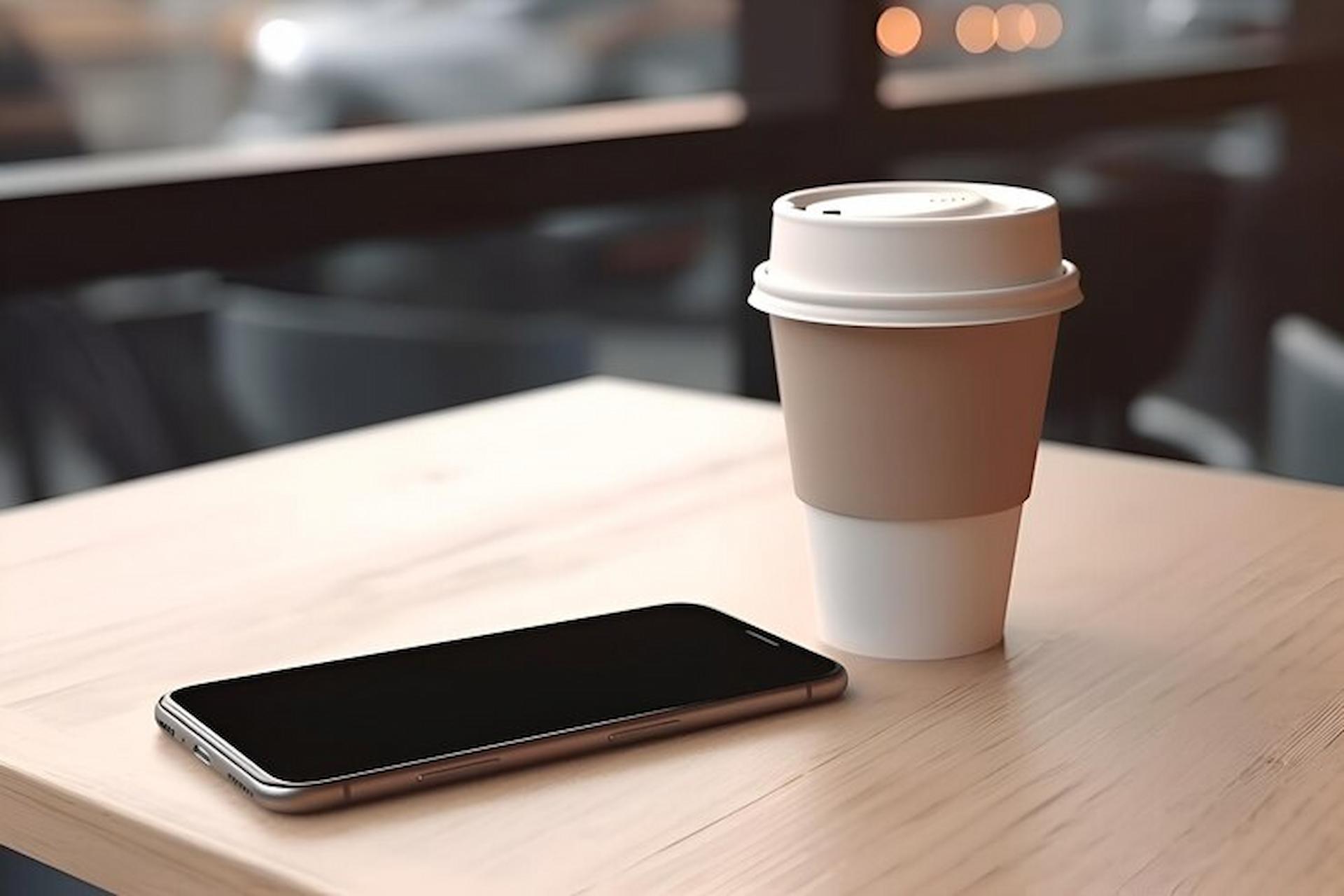In today’s fast-paced world, many rely on takeaway coffee cups to fuel our daily routines. However, what we might not realise is the significant environmental impact these seemingly convenient cups have on our planet. From production to disposal, takeaway coffee cups contribute to pollution, waste, and resource depletion. In this blog post, we’ll delve into the environmental consequences of takeaway coffee cups and explore sustainable alternatives that can help mitigate their negative effects.
Understanding the Problem
Takeaway coffee cups may seem harmless, but the reality is far from it. Most takeaway cups are made from paper lined with a thin layer of plastic to make them waterproof. While this design is essential for keeping beverages hot and preventing leaks, it also makes the cups difficult to recycle. In fact, due to the plastic lining, many recycling facilities cannot process takeaway coffee cups effectively, leading to them being sent to landfills or incinerated instead.
Additionally, the production of takeaway coffee cups requires significant amounts of resources, including water, energy, and raw materials. This production process contributes to deforestation, greenhouse gas emissions, and pollution, further exacerbating environmental problems.
The Impact on Our Planet
The environmental impact of takeaway coffee cups extends beyond their production. Once discarded, these cups often end up littering streets, parks, and waterways, posing a threat to wildlife and ecosystems. Animals might confuse them for food or get caught up in them, which could result in harm or even death. Furthermore, when takeaway cups degrade in the environment, they release harmful chemicals and microplastics, further contaminating our soil and water sources.
In addition to their physical impact, takeaway coffee cups also contribute to climate change. The production and disposal of these cups release greenhouse gases into the atmosphere, exacerbating global warming and its associated effects, such as extreme weather events and rising sea levels.
Exploring Sustainable Alternatives
Fortunately, there are sustainable alternatives to traditional takeaway coffee cups that can help reduce their environmental impact. One option is to invest in reusable coffee cups made from materials such as glass, ceramic, or stainless steel. These cups are durable, dishwasher-safe, and can be used hundreds of times, significantly reducing the need for single-use disposables.
Many cafes and coffee shops now offer discounts or incentives for customers who bring their own reusable cups, encouraging more people to make the switch. Additionally, some establishments have implemented cup-sharing programs where customers can borrow reusable cups and return them after use, further reducing waste and promoting sustainability.
Another alternative is compostable coffee cups made from plant-based materials such as PLA (polylactic acid) or bagasse (sugarcane fiber). Unlike traditional takeaway cups, these compostable alternatives break down into organic matter when properly disposed of, reducing their environmental impact. However, it’s essential to ensure that compostable cups are disposed of correctly in designated composting facilities to avoid contaminating recycling streams.
Conclusion
Takeaway coffee cups may seem convenient, but their environmental impact is significant and cannot be ignored. These single-use disposables contribute to numerous environmental problems, from resource depletion to pollution and waste. By exploring sustainable alternatives such as reusable cups and compostable options, we can reduce our reliance on takeaway coffee cups and take meaningful steps towards a more sustainable future.
Next time you reach for a takeaway coffee, consider bringing your own reusable cup or opting for a cafe that offers compostable alternatives. Every small change makes a difference, and together, we can minimise the environmental impact of takeaway coffee cups and protect our planet for future generations.

